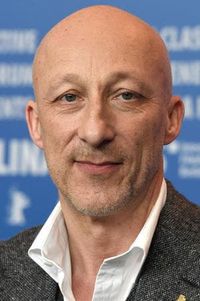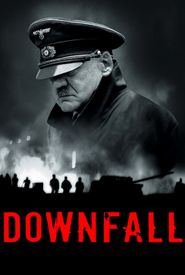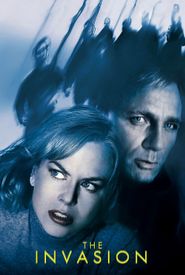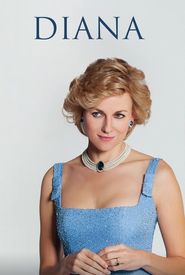Thomas Hirschbiegel, a German film director, was born in Hamburg, Germany in 1957. His early life took an unconventional turn when he left high school and began working as a cook on a boat in his teenage years.
After pursuing his passion for art, Hirschbiegel enrolled in the Academy of Arts in Hamburg, where he studied painting and graphic design. During his time at the academy, he also experimented with video and photography, which would later become integral to his filmmaking style.
Hirschbiegel's experimental films caught the attention of German television producers, leading him to create a series of successful TV movies, primarily dramas and thrillers. His breakthrough film, "Das Experiment", was released in 2001 and received widespread critical acclaim, winning several awards at international film festivals.
The film, an intense investigation of aggressive behavior in a simulated prison environment, showcased Hirschbiegel's ability to craft thought-provoking and visually stunning dramas.
In 2002, Hirschbiegel released "Mein letzter Film", a 90-minute monologue that explores the life of a woman in her fifties who is seeking to restart her life.
However, it was his 2004 film "Downfall" that cemented his reputation as a master filmmaker. The movie, which tells the story of the last 12 days of Adolf Hitler's life from the perspective of his young secretary, Traudl Junge, was met with controversy due to its portrayal of Hitler and the Nazis as human beings rather than one-dimensional villains.
Throughout his career, Hirschbiegel has demonstrated a keen ability to craft dramas that thrive in claustrophobic environments, often exploring themes of human psychology and behavior.





















